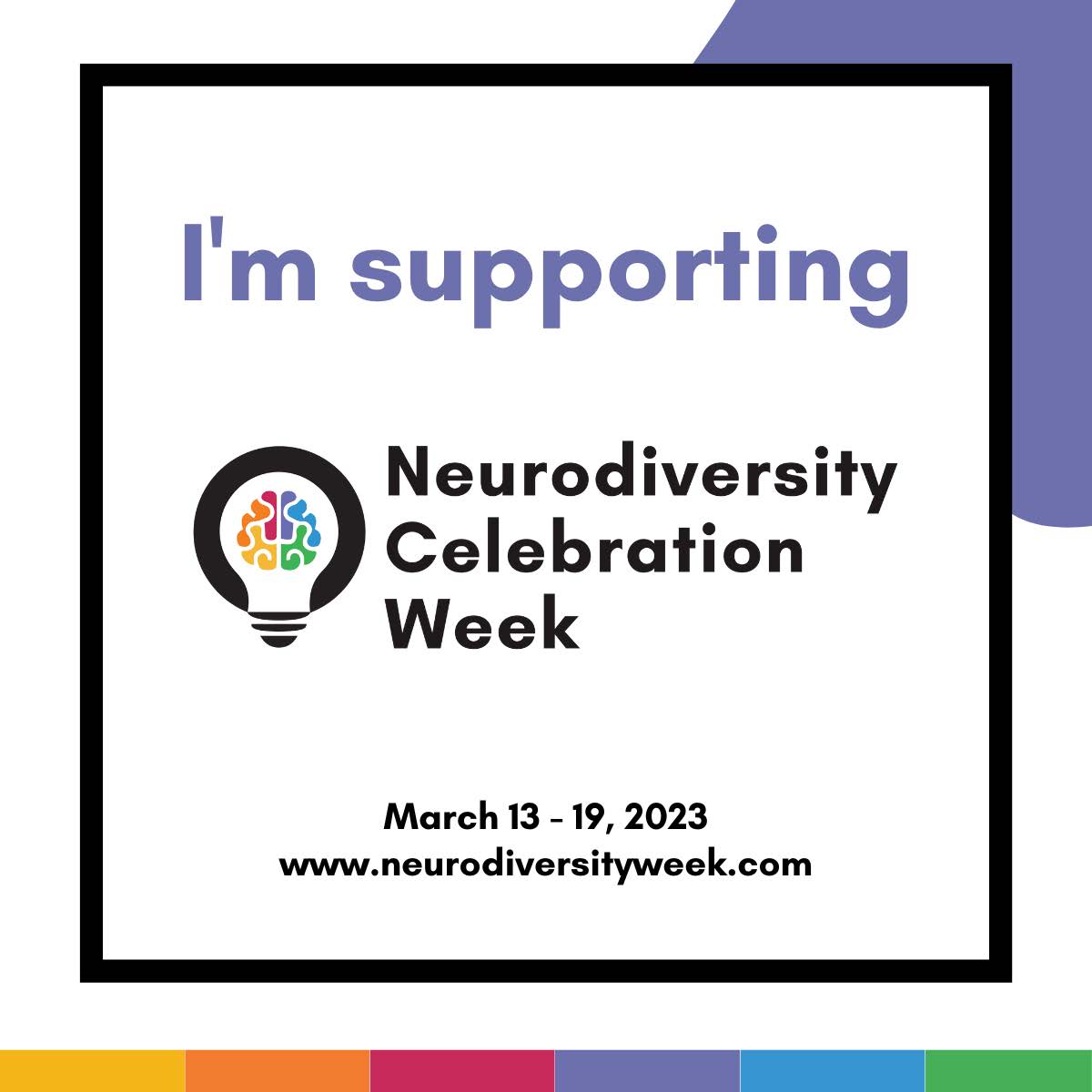Neurodiversity and me.

As far as playing neurodiversity bingo goes, I nearly have a full house. I’m dyslexic (why is that word so hard to spell?), dyspraxic, and I am on the autistic spectrum. I thought neurodiversity awareness week would be a good time to share my reflections on how this impacts me, how having a team (and boss) who are fantastically understanding and supportive helps me in my day-to-day work, and to share some of the situations where being neurodiverse can be an advantage.
Firstly, I would like to stress that this blog is a personal reflection, not all neurodiverse people will feel/think this way and sometimes it is hard to tell which neurodiversity trait is impacting the way I view and interact with the world, or indeed if it is just down to my personality!
During this blog, I will focus on dyspraxia and being on the autistic spectrum as I feel these are areas people are generally less well informed about.
Let’s start with dyspraxia. What does this mean? When I was young it was called ‘clumsy child syndrome’ which although not a helpful term as you never actually grow out of it, does encapsulate the main outward symptom – I’m really clumsy. Every morning when I go to unlock my office door I look like the stereotypical drunk not being able to get their key in the lock after a night out, and if I ever make you a cup of tea it is likely to have “the tide out” (my nan’s phrase for a cuppa not being full to the top). The main times I find being dyspraxic challenging are in social situations when most people wouldn’t think good co-ordination would be especially important, such as eating standing up at a conference (and don’t even get me started on my inability to walk and drink at the same time), or managing a cup of tea at an important meeting. I used to have a special cup with suction on the bottom so if I knocked it, it didn’t fall over and spill – it was a life saver in more than one Research Committee meeting… but then I dropped it and broke it! Being dyspraxic also has inward symptoms that are not visible – I’m particularly sensitive to touch, especially clothing, such as the seam at the end of a sock is my nemesis. It can also be really tiring. Imagine how tiring it would be to have to have to concentrate hard every time you walk through a door or between desks to avoid colliding. I can tell you, it is tiring! Even when I am actively concentrating, there is a 50/50 chance I’ll knock into the frame or get my pocket caught on the door handle. It’s not all doom and gloom though, I think being dyspraxic has meant I’m a much better problem solver and combined with my dyslexia which enables me to make connections that other people wouldn’t naturally, means I often come up with innovative ideas and solutions.
I also feel that my autism helps me come with novel ideas as I think I view the world quite differently to the average neurotypical person. I don’t naturally understand social norms and responses to social situations which has led through-out my life to me analysing how people interact in certain situations, so that I can replicate it. This means that often in politically sensitive situations I perform better than my colleagues because I actively observe, analyse, and adapt my responses to social interactions. This is often called masking and is actually very tiring. Luckily, I have a great team who understand that if I’ve had to do a lot of “peopling” I might want to work from home the next day or it might be harder for me to interact with them in a “normal” way. The other thing that I think really helps me engage with my team is that I am very open about being autistic and how this will affect my interactions with them. For example, however much I’ve tried through my life I do not understand sarcasm. My boss (and the rest of the team) know that if they happen to say something sarcastic, which sometimes does happen, it really helps me if they then follow up by saying that they were being sarcastic, quite a little thing but it saves me taking it literally. Recently, my father-in-law was over for dinner, with cake for dessert. There was a little left over so I asked if anyone would like seconds. My father-in-law responded with “oh no I really shouldn’t” so I did the logical thing and put the leftovers in the fridge. What I didn’t realise is that he was just trying to be polite – but he really did want more cake. So, my advice to you is if you want to have a second slice of cake remember to avoid using irony, sarcasm, figurative language, rhetorical questions, idioms, or exaggeration, as if it is an autistic person offering, they may take you literally.
If you want to be an ally for neurodiverse colleagues or students, it’s worth taking the time to understand how they experience the world and any adjustments they make or would like to have to cope with the day-to-day, with this understanding you may be able to make things that little bit less tiring, or confusing. And if you yourself are neurodiverse, think about opening-up to supportive colleagues – they may be more receptive than you think to understanding and being supportive of your daily challenges.